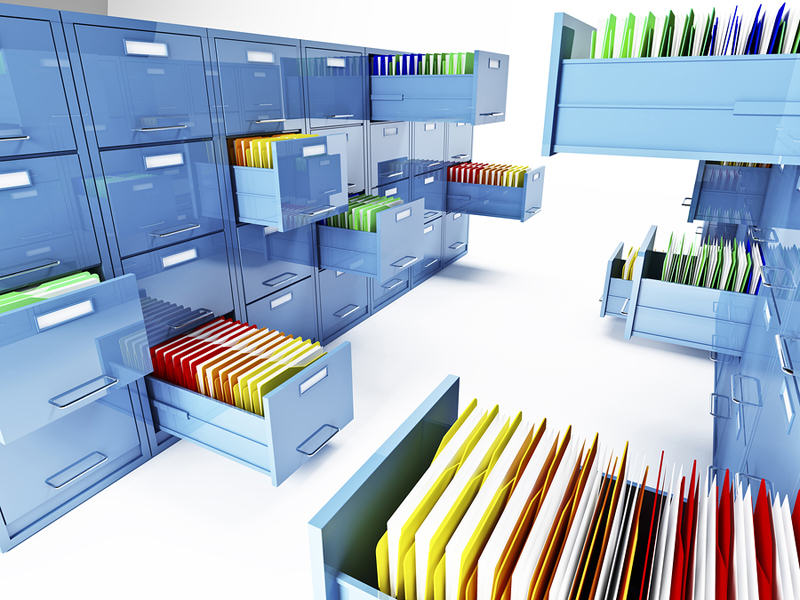Effective data and file storage is a cornerstone of Customer Relationship Management (CRM) systems, enabling businesses to organize, analyze, and leverage information to drive sales and enhance customer experiences. A well-designed CRM database ensures data is secure, accessible, and actionable, empowering teams to make informed decisions. This article explores the importance of CRM data/file storage, its key features, and strategies for maximizing its value.
Why CRM Data/File Storage Matters
A robust CRM data storage system centralizes customer and business information, making it easier to manage and utilize. Key benefits include:
- Organized Data: Stores customer details, purchase records, and other files in a structured format for easy access and analysis.
- Improved Decision-Making: Provides insights into customer behavior, lead sources, and sales cycles to guide strategic efforts.
- Enhanced Customer Service: Enables personalized interactions by giving teams access to comprehensive customer data.
- Increased Efficiency: Streamlines data management, reducing duplication and manual work.
- Revenue Growth: Identifies high-value clients and opportunities, optimizing marketing and sales strategies.
By storing data securely and efficiently, CRM systems help businesses deliver better services and achieve sustainable growth.
Key Features of CRM Data/File Storage
An effective CRM data/file storage system offers a range of features to support business operations:
- Centralized Database: Stores all data—customer details, purchase histories, emails, images, and documents—in a single platform.
- Search and Edit Capabilities: Allows users to quickly locate and modify files, improving document management.
- Lead Source Tracking: Captures data on how leads find your business, revealing patterns to refine marketing strategies.
- Customer Lifetime Value (CLV) Analysis: Predicts the long-term value of customers, guiding resource allocation and sales efforts.
- Real-Time Accessibility: Enables employees to access data on smart devices, supporting remote and field-based work.
- Data Integration: Connects with other platforms and technologies to enable personalization and cross-channel insights.
- Security and Backup: Implements safeguards to protect against data breaches and ensure reliable backups to prevent data loss.
These features ensure that data is organized, secure, and actionable for all departments.
Benefits of Effective CRM Data/File Storage
Leveraging CRM data/file storage delivers significant advantages:
- Elimination of Duplicates: Prevents data redundancy, ensuring clean and accurate records.
- Personalized Marketing: Uses customer data to tailor campaigns, improving engagement and conversion rates.
- Optimized Sales Cycles: Provides insights into lead progression and cycle length, enabling targeted strategies.
- Enhanced Collaboration: Centralizes data for easy access by sales, marketing, and support teams, fostering alignment.
- Improved Security: Protects sensitive customer information, building trust and compliance.
- Actionable Insights: Analyzes lead sources and purchase patterns to attract high-value customers and boost revenue.
Strategies for Optimizing CRM Data/File Storage
To maximize the value of CRM data/file storage, businesses should adopt the following strategies:
- Choose a Scalable CRM Platform: Select a system with robust storage, security, and integration capabilities to meet current and future needs.
- Maintain Data Hygiene: Regularly clean and update records to eliminate duplicates and ensure accuracy.
- Leverage Lead Source Data: Analyze where leads originate to optimize marketing spend and target high-potential audiences.
- Prioritize Security: Implement encryption, access controls, and regular backups to safeguard sensitive data.
- Enable Personalization: Use customer data to create tailored experiences, such as personalized emails or offers.
- Train Teams: Equip employees with the skills to access and analyze data effectively, ensuring widespread adoption.
Conclusion
CRM data/file storage is a critical tool for businesses aiming to enhance efficiency, personalize customer interactions, and drive revenue growth. By centralizing data, eliminating redundancies, and providing actionable insights, a well-managed CRM database empowers teams to make informed decisions and deliver exceptional service. With the right strategies and tools, businesses can leverage CRM data storage to streamline operations, optimize marketing efforts, and achieve long-term success.

